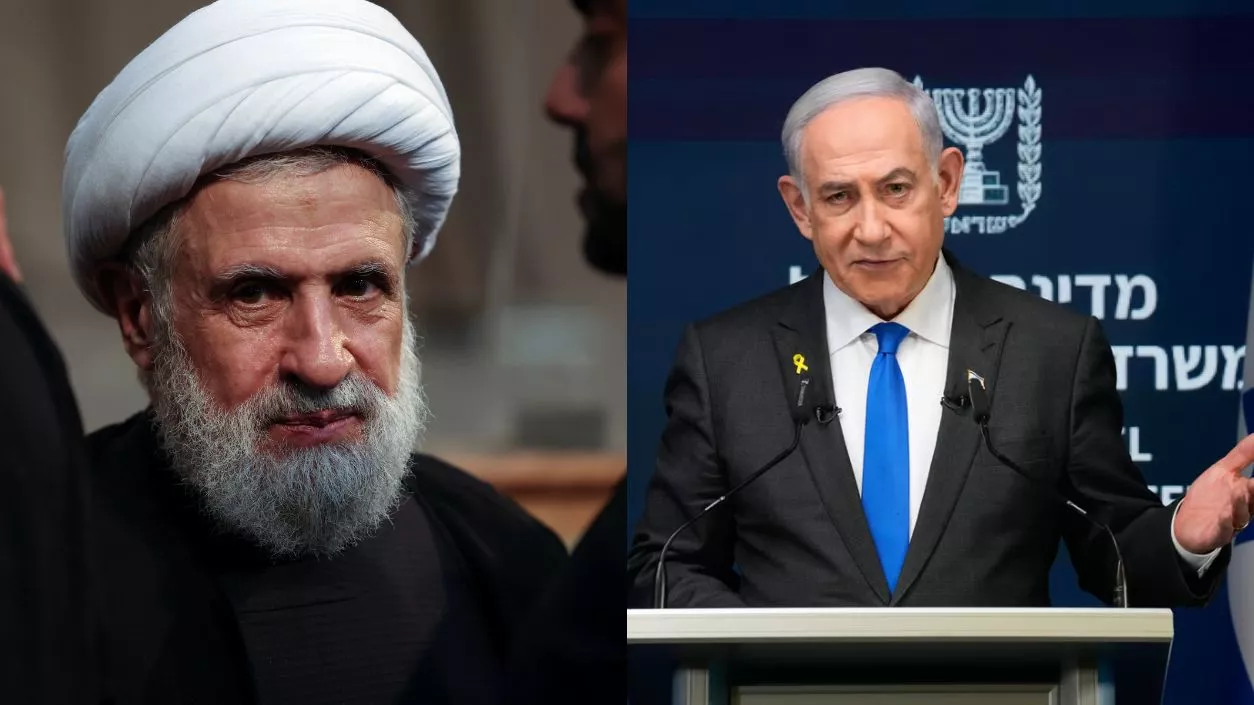Youth dies after alleged beating at South Garia drug rehab, family vandalizes centre in protest
.gif)
.gif)

Israel and Hezbollah have agreed to a 60-day ceasefire, which took effect on Wednesday morning, following over 14 months of intense fighting. The ceasefire, which is the result of negotiations brokered by the United States and France, calls for a mutual withdrawal of forces from southern Lebanon. This agreement aims to halt the deadly cross-border clashes that have significantly impacted the region since the beginning of the conflict, including the deaths of over 3,760 people in Lebanon.
The ceasefire agreement, while focusing on the Israel-Hezbollah conflict, does not affect Israel's ongoing operations in Gaza. Israel’s military actions against Hamas, which escalated in October 2023 after the attack on Israel by Hamas, remain separate. The ceasefire is intended to reduce hostilities between Israel and Hezbollah and provide a temporary break from fighting to allow for de-escalation and the potential for future diplomatic negotiations.
India’s Ministry of External Affairs (MEA) issued a statement welcoming the ceasefire, reiterating India’s longstanding call for "de-escalation, restraint, and return to the path of dialogue and diplomacy." The statement also expressed hope that the agreement would contribute to peace and stability in the Middle East. The conflict, which has been marked by periodic flare-ups of violence between Israel and Hezbollah, has had significant humanitarian impacts, with casualties reported on both sides of the border.
Israeli Prime Minister Benjamin Netanyahu confirmed the ceasefire agreement and thanked the United States for its involvement in securing the deal. Netanyahu also emphasized that Israel would continue to "enforce the agreement" and would "respond forcefully" to any violations of the ceasefire. Despite the truce with Hezbollah, Israel's military focus remains on its ongoing conflict with Hamas in Gaza. Netanyahu's office noted that the ceasefire would allow Israel to concentrate on countering what it perceives as an ongoing threat from Hezbollah and other regional actors, including Iran.
The terms of the ceasefire include a halt to cross-border attacks, with both sides agreeing to refrain from launching military operations in southern Lebanon for the next two months. In addition to the ceasefire, both Israel and Hezbollah have committed to not targeting civilians or civilian infrastructure during the pause in hostilities. However, the agreement stipulates that both parties retain the right to take action if the terms of the ceasefire are violated.
The ceasefire follows a period of heightened tensions after Hezbollah's involvement in the conflict, which began with cross-border skirmishes and escalated after Hezbollah launched rockets into Israel in response to Israeli actions in Gaza. Hezbollah had previously supported Hamas following the group's attack on Israel on October 7, 2023. While both sides had engaged in limited hostilities before that, the death of several Hezbollah leaders earlier this year further fueled the conflict.
The 60-day ceasefire represents a temporary step toward reducing tensions in the region, but both Israel and Hezbollah have made it clear that any violation of the agreement would lead to immediate retaliation. The international community, including the United Nations, will closely monitor the situation, with ongoing efforts to ensure that the ceasefire holds and the situation does not escalate further.